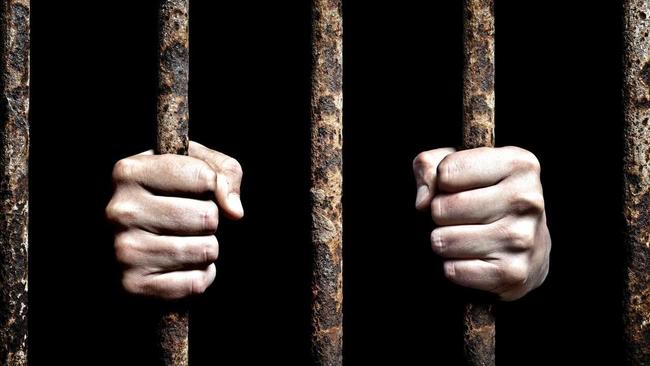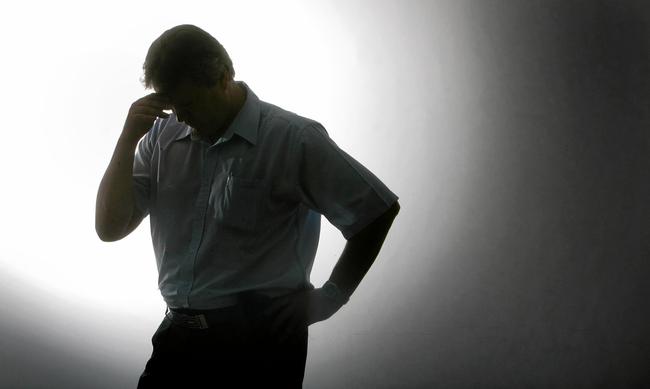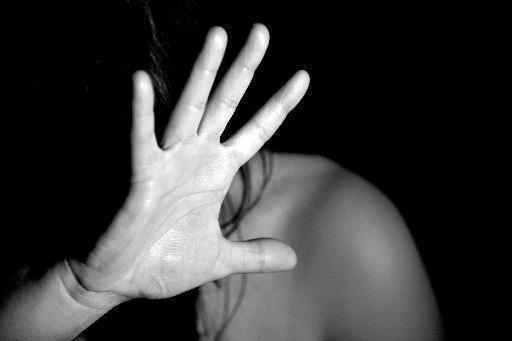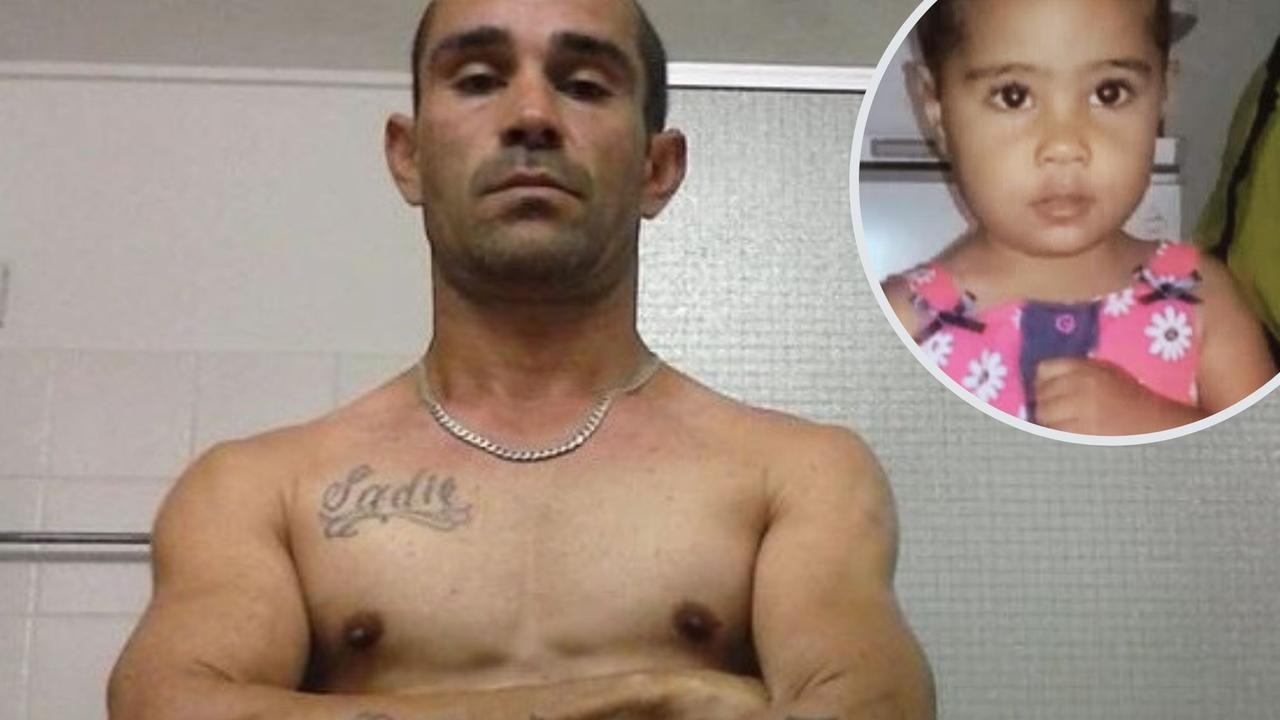Why emotional abusers should be jailed
Emotional abuse should be illegal and the worst perpetrators should go to jail. writes journalist SHERELE MOODY.

Emotional abuse can cause crippling psychological damage yet most perpetrators will not be held accountable. It is time we made it a crime across Australia, writes journalist SHERELE MOODY.
ALMOST everyone I know has a story to tell about emotional abuse.
Male. Female. Young. Old. Catholic. Muslim. Agnostic. Indigenous. Caucasian. Asian. Gay. Straight.
Their words are different but the theme is the same - someone close to them destroyed their feeling of self-worth.
"You love that person and they pull your wings off," father of one L tells me when I ask how his former wife's abuse impacted him and their daughter.
"I don't want to think about that," L's daughter says.
Another friend says there was a time when she, literally, had no voice.
"I was belittled every time I spoke," she says.
"When I did try to speak my voice was quiet and it quivered. I stumbled over my words.
"In the end I just stopped talking altogether.
"It has taken me years to get my voice back."
Emotional abuse is more common in Australia than physical violence, with Australian Bureau of Statistics data showing it impacts 23 per cent of women and 16 per cent of men.
It is an insidious form of power and control that destroys lives yet goes unpunished and unrecognised by our justice system.
At best, psychological violence causes extreme mental anguish and at worse it is the precursor to domestic homicide.

France, the United Kingdom and Ireland are leading the way on the issue, with those countries having made psychological abuse a criminal act that can lead to lengthy jail terms.
Irish Justice and Equality Minister Charlie Flanagan said this week that his country's new law recognises "the effect of non-violent control in an intimate relationship can be as harmful to victims as physical abuse because it is an abuse of the unique trust associated with an intimate relationship".
This type of trauma can go hand in hand with physical, sexual and/or financial abuse within relationships, but often it may also be the only form of abuse a victim experiences.
The perpetrator often uses negative emotions - anger, sadness, fear-mongering and aggression - to destroy the other person's self-worth.
Emotional manipulators have a wide range of tools in their armoury including constant criticism and demeaning of the victim; threats to harm the victim or their loved ones; threats to end their own lives and/or to self-harm; name calling; twisting events to make the victim feel unstable (gas-lighting); accusations of cheating; controlling finances; invading privacy by monitoring communications; isolating the victim from loved ones; refusing to talk (silent treatment); and invalidating the victim's thoughts and opinions.
This is far from an exhaustive list of destructive behaviours and it may not always be black and white - with abusers often using body language like eye rolling, looks, door banging, wall punching, slamming doors and vocalisation like sighing, mumbling and sarcasm to get their point across.
Emotional abuse does not result in broken bones or bruises but it can cause health problems including PTSD, depression, issues sleeping, substance abuse, destructive behaviours and suicidal ideation.

My friend C is a prime example of how hard it can impact a person's mind. She is no longer in an abusive relationship but she is struggling to deal with the pain.
"I cut myself," she says.
"Cutting takes the pain away, you see the blood and it's like all the emotional pain is leaving - you are never proud of yourself afterwards. You are so ashamed of it, you try and hide it."
There is no official research as to how emotional abuse impacts our economy but there is a knock-on effect on our health and welfare systems.
Tasmania is the only jurisdiction in Australia that includes emotional abuse and intimidation in its criminal code.
The Apple Isle is currently knee-deep in a case that could lead to better outcomes for victims in that state and pave the way for changes across the country.
A Hobart woman - who cannot be identified for legal reasons - has applied for victims of crime compensation after suffering severe anxiety due to her former husband subjecting her to years of "emotional abuse, controlling behaviour and stalking".
Supreme Court Justice Gregory Geason ruled in her favour in July, saying the definition of "violence" went beyond the physical.
He found the term covered "coercion, intimidation and emotional abuse and economic abuse".
"Violence is capable of accommodating acts which are intended to cause harm through the application of force to the person of another," Justice Geason said.

Tasmania's Solicitor-General Michael O'Farrell has appealed the decision, no doubt concerned about the cost on the government if the floodgates open and survivors start asking for compensation to cover costs including moving to safe housing and trauma counselling.
If the other states and territories are to add emotional abuse to their criminal codes, there will be a need for strong consultation with family law, domestic violence and health professionals.
Many in the domestic violence and legal sectors are concerned some people may misuse the law.
The biggest fear seems to be that the courts will be tied up by cases involving litigants claiming they were abused because "she didn't cook dinner for me" and the like.
There is also the question of evidence - domestic violence perpetrators are very good at hiding their actions from the outside world.
The mere fact that emotional abuse does not leave a mark on the skin can make it nigh on impossible to prove.
In some cases there will be abusive texts, emails, social media messages and voice mails between victim and abusers but in others it will come down to "he said, she said".
If we get the formula right though, emotional abuse will no longer be hidden - it will be dragged into the spotlight where perpetrators will be held to account and survivors will get their shot at justice.
*For 24-hour domestic violence support phone the national hotline 1800RESPECT on 1800 737 732. If you are struggling with your mental health, phone Lifeline on 13 11 44.
News Corp journalist Sherele Moody is the recipient of the 2018 B&T Women in Media Social Change Maker Award and has multiple Clarion and Walkley Our Watch journalism excellence awards for her work highlighting violence against women and children. She is also the founder of The RED HEART Campaign and the creator of the Femicide Australia Map.


